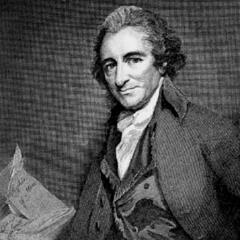PhilosophyMarxism |
What is Marxism? |
Marxism is an economic and political theory named for its originator, Karl Marx (1818–1883). Marx was a German social philosopher and revolutionary who in 1844 in Paris met another German philosopher, Friedrich Engels (1820–1895), beginning a long collaboration. Four years later they wrote the Communist Manifesto, laying the foundation for socialism and communism. The cornerstone of Marxism, to which Engels greatly contributed, is the belief that history is determined by economics. Based on this premise, Marx asserted that economic crises will result in increased poverty, which in turn, will inspire the working class (proletariat) to revolt, ousting the capitalists (bourgeoisie). According to Marx, once the working class has seized control, it will institute a system of economic cooperation and a classless society. In his most influential work, Das Kapital (The Capital), an exhaustive analysis of capitalism published in three volumes (1867, 1885, and 1894), Marx predicted the failure of the capitalist system, based on his belief that the history of society is “the history of class struggle.” He and Engels viewed an international revolution as inevitable.
While Marxism still has followers in the late twentieth century, most scholars have discredited Marx’s predictions, citing improved conditions for workers in industrialized nations, which has been brought about by the evolution of capitalism.

